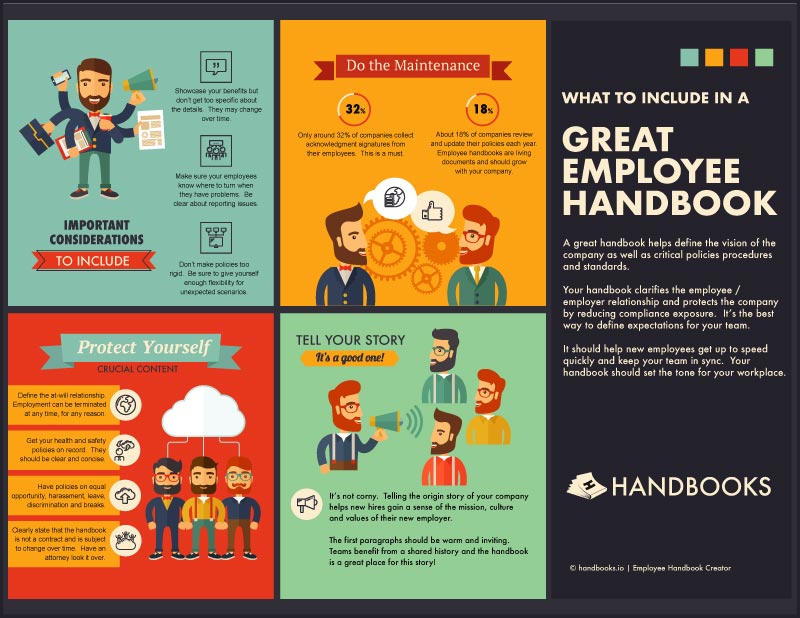The velocity of change in employement law is increasing
This past year has produced some dramatic changes for employers. It’s more important than ever to keep your employee handbook updated. Don’t worry, though. We’re here to help. The following list includes recently enacted laws and likely trends for this year and beyond.
Mandatory arbitration for sexual harassment has been banned
In March 2022, the Ending Forced Arbitration of Sexual Assault and Sexual Harassment Act was signed by President Biden and became law. This bill invalidates arbitration agreements that preclude a party from filing a lawsuit in court if that lawsuit is related to sexual assault or sexual harassment.Arbitration has long been perceived as favorable to employers, and it is likely that there will be additional litigation on the application of this new law. The new law applies only to sexual harassment or assault claims after March 3, 2022.
The Department of Labor issues new guidance on examples of employer retaliation It has never been okay to retaliate against employees, and the DOL recently provided some additional specifics on what is considered retaliation. The general definition of retaliation is when “an employer takes an adverse action against an employee because they engaged in a protected activity.”
Here are some examples of protected employee activities:
- Making a complaint to an employer about wages (even if the employee is mistaken)
- Asking for payment of wages
- Asking for their rights as an employee (for example, taking leave that they are entitled to)
- Filing a complaint with the Wage and Hour Division because of a grievance (even if they are incorrect)
- Talking to an investigator or cooperating with an investigation
- Testifying in a trial
Here are some specific examples of prohibited retaliation provided by the Department of Labor:
- Firing or threatening to fire an employee
- Threatening to deport an employee
- Forcing an employee to return back wages
- Reducing work hours
- Counting FMLA leave under a no-fault attendance policy
- Excluding an employee from meetings
Expanding paid leave for employees
In 2021, many states expanded paid leave, and there is a strong national trend toward either adding or updating the laws around paid leave. A number of states are considering adding mandatory leave for new parents, bereavement, and public health emergencies (like COVID). This trend is likely to continue into 2024.Anti-discrimination legislation
Keep an eye out for new anti-discrimination legislation in 2022. There are a few recent examples of this. North Carolina recently passed a ban on discriminating against people based on natural hairstyles. In Texas, an employer can no longer ask about an applicant's criminal history when they apply for a job.Non-compete agreements
In 2021, President Biden signed an executive order asking the Federal Trade Commission to investigate unfair practices related to non-compete agreements. The concern is that non-compete agreements not only affect executives, but low wage earners but also low wage earners and those without college degrees.The states of California and Oklahoma already banned non-compete agreements, and the District of Columbia recently enacted their own rules, as did Nevada and several other states. It is likely that a patchwork of state laws will emerge over the next few months and years.

















